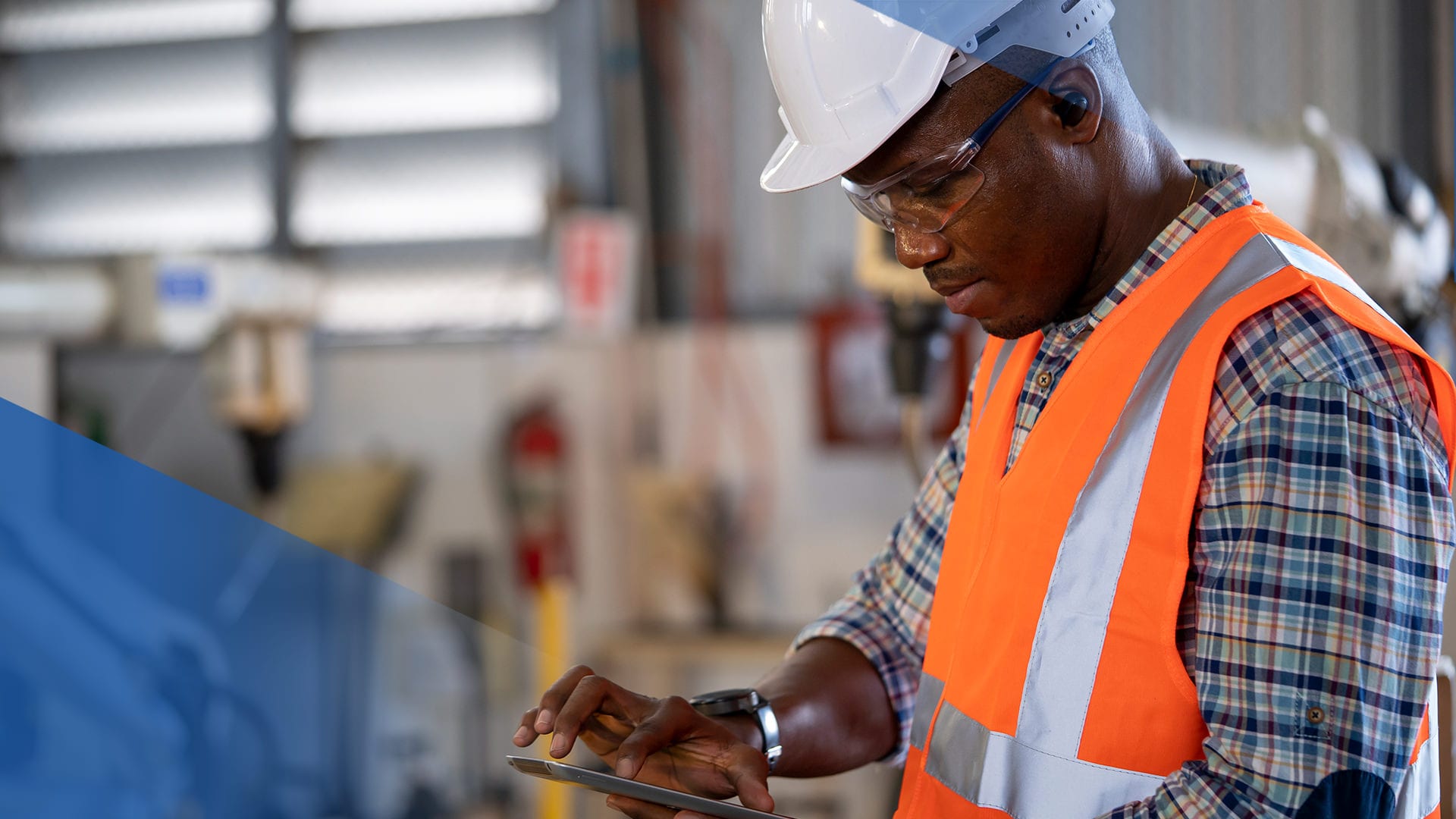
The construction industry is relentless, a constant engine driving the infrastructure that sustains our modern lives. Yet, at its core, it is a realm of human endeavor, reliant on the strength and resilience of individuals. Construction work can be gruelling, demanding physical exertion and mental fortitude, presenting a unique challenge to maintaining the well-being of its workforce. In this exploration, we delve into practical strategies for managers to elevate the welfare of their construction staff, recognizing the profound benefits such endeavors yield.
In the dynamic landscape of construction, progress is perpetual. The evolution of tools and equipment is not just about efficiency but also about safety and morale. Regular assessments and timely upgrades demonstrate a commitment to the team’s welfare, fostering a culture where employees feel valued and protected. High-quality tools not only enhance productivity but also reduce downtime and increase productivity, a crucial aspect in the fast-paced environment of construction projects.
Moreover, maintenance should not be an afterthought but a cornerstone of operations. Proactive care prolongs the lifespan of equipment, ensuring consistent performance and minimizing disruptions. By prioritizing the upkeep of tools and machinery, managers signal their dedication to both the workforce and the project’s success.
Fostering Open Communication
Effective communication is the lifeblood of any team, particularly in the dynamic environment of construction. Beyond disseminating information, regular team meetings serve as forums for collaboration and camaraderie. They provide a platform for employees to voice concerns, share insights, and feel acknowledged by management.
Consistent engagement cultivates a sense of belonging and empowers individuals to contribute meaningfully to the collective endeavor. By fostering an environment where dialogue is encouraged, managers cultivate trust and cohesion within the team. This transparency not only enhances morale but also promotes innovation and problem-solving, essential elements in navigating the complexities of construction projects.
Ensuring Efficient Supply Chains
The efficiency of supply chains is instrumental in the seamless execution of construction projects. Timely delivery of essential materials like OSB is paramount, minimizing disruptions and optimizing workflow. By establishing robust supply chains, managers alleviate potential stressors and empower their teams to operate with confidence and efficiency.
Furthermore, transparency in the supply chain fosters accountability and trust among stakeholders. By keeping everyone informed at every stage of the process, managers promote collaboration and mitigate the risk of delays or misunderstandings. A well-managed supply chain not only enhances productivity but also enhances the overall resilience of the project against unforeseen challenges.
Emphasizing Regular Training and Upskilling
Investing in the professional development of employees is an investment in the future of the organization. Regular training and upskilling opportunities not only enhance individual competencies but also cultivate a culture of continuous improvement.
By providing avenues for growth, managers empower their teams to adapt to evolving technologies and methodologies. This not only enhances the efficiency and quality of work but also boosts morale by demonstrating a commitment to the personal and professional growth of employees.
Moreover, upskilling initiatives serve as a retention strategy, fostering loyalty and job satisfaction among the workforce. By nurturing talent from within, managers not only ensure a skilled workforce but also foster a sense of loyalty and commitment to the organization’s mission and values.
The Benefits of Prioritizing Employee Wellbeing
Focusing on the well-being of your construction employees means a more productive, engaged and appreciated workforce. When employees feel their needs are met, they are more likely to invest themselves fully in their work, resulting in higher levels of productivity and efficiency. Moreover, a positive work environment reduces turnover rates, mitigating the costs associated with recruitment and training.
When employees feel their needs are met, they are more likely to invest themselves fully in their work, resulting in higher levels of productivity and efficiency. Moreover, a positive work environment reduces turnover rates, mitigating the costs associated with recruitment and training.
Furthermore, a company that prioritizes employee well-being earns a reputation as an employer of choice within the industry. This not only attracts top talent but also enhances the organization’s brand and competitive advantage.
In conclusion, prioritizing the well-being of construction employees is not just a moral imperative but also a strategic investment in the long-term success of the organization. By fostering a culture of care, communication, and continuous improvement, managers empower their teams to thrive amidst the challenges of the construction industry, driving innovation, and excellence every step of the way.
